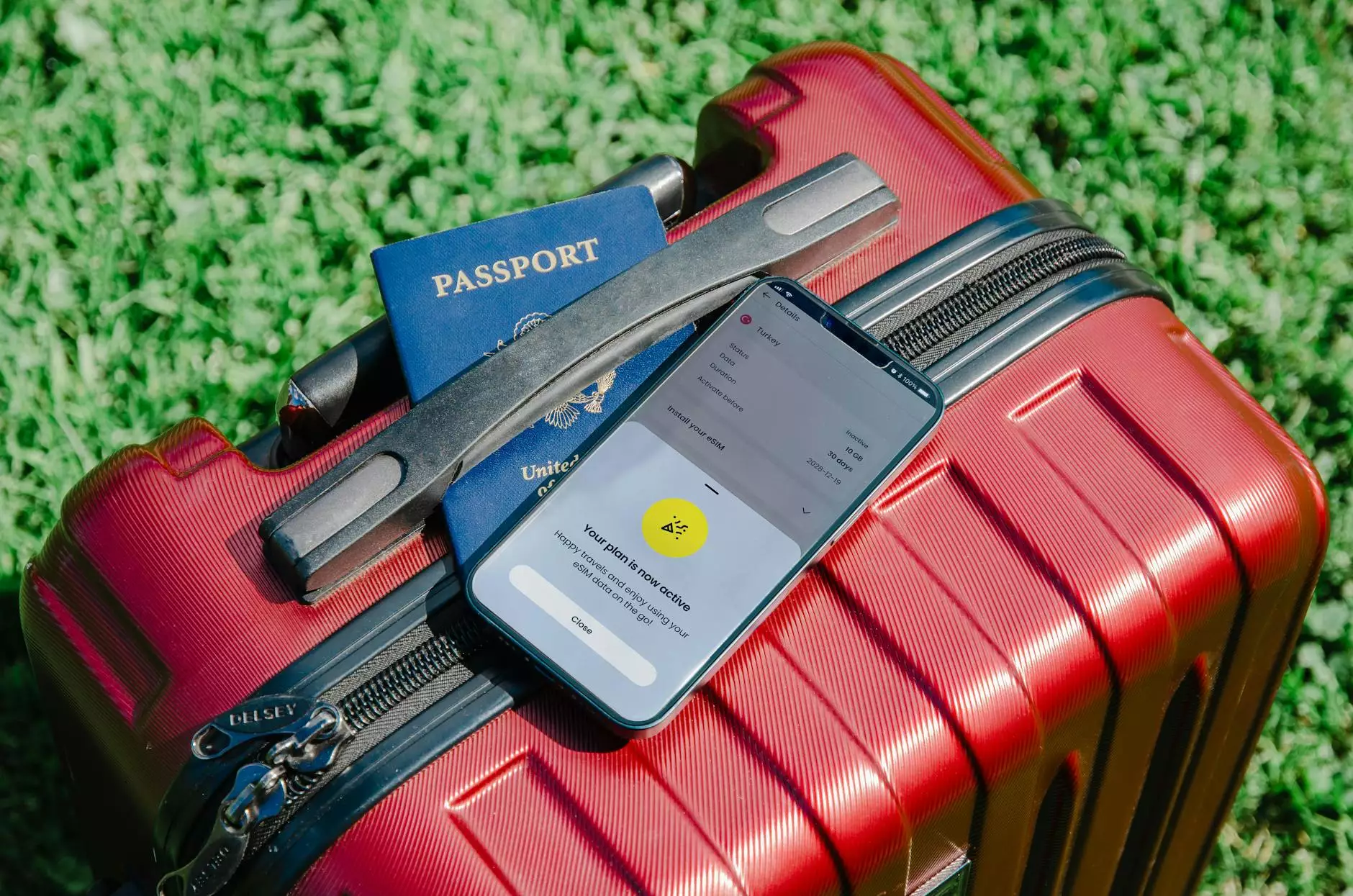Mobile Dialysis Bus: Revolutionizing Kidney Care Accessibility

In today's fast-paced world, accessibility to healthcare is more critical than ever, especially for patients requiring specialized treatments such as dialysis. The introduction of the mobile dialysis bus is a groundbreaking solution aimed at enhancing the availability of renal care services. This innovative approach effectively bridges the gap between healthcare providers and patients, ensuring that more individuals receive timely and necessary treatment.
Understanding the Necessity of Mobile Dialysis Services
Dialysis is a life-sustaining treatment for individuals suffering from kidney failure. With millions of people globally needing dialysis, it is essential to understand the profound impact that transport logistics can have on patient care. Many patients face challenges such as long travel distances, lack of transportation, and geographical barriers that impede their access to essential medical facilities. This is where the concept of a mobile dialysis bus makes a significant difference.
The Role of Mobile Dialysis Buses in Healthcare
The introduction of mobile dialysis units has changed the landscape of healthcare delivery for renal patients. These bus units are equipped with state-of-the-art dialysis machines and the necessary medical facilities to provide effective treatment. Below are several critical roles these mobile units play:
- Enhanced Accessibility: Mobile dialysis buses traverse communities, bringing treatments directly to the doors of those in need.
- Convenience: Patients can receive treatments in comfortable settings that reduce the stress often associated with hospital visits.
- Reduced Travel Time: Patients save time and energy, allowing them to focus on their health and well-being.
- Education and Awareness: These units often serve as platforms for educating communities about kidney health and the importance of early intervention.
Key Features of a Mobile Dialysis Bus
The effectiveness of a mobile dialysis bus is largely dependent on its design and the amenities it offers. Here are key features that make it an effective tool in renal healthcare:
1. State-of-the-Art Dialysis Equipment
Each bus is equipped with advanced kidney dialysis machines that comply with stringent health and safety regulations. These machines are capable of providing the same quality of care as traditional dialysis centers.
2. Comfortable Patient Environment
Comfort is crucial for patients undergoing dialysis. Each mobile unit is designed to provide a calming environment, complete with reclining chairs, entertainment systems, and personal space. This helps mitigate anxiety and enhances the overall patient experience.
3. Highly-Trained Healthcare Professionals
The mobile dialysis bus is staffed with qualified healthcare professionals who are trained to administer dialysis and respond to any medical emergencies. Their expertise ensures that patients receive the highest standard of care.
4. Telemedicine Capabilities
Incorporating telemedicine into mobile dialysis units allows healthcare providers to consult with nephrologists and specialists remotely. This capability enhances patient monitoring and ensures continuity of care, even when specialists are not physically present.
Impact of Mobile Dialysis Buses on Patient Outcomes
Research has consistently shown that increased access to dialysis significantly improves patient outcomes. The mobile dialysis bus concept addresses several barriers to treatment:
Improved Treatment Compliance
By providing more convenient access, patients are more likely to adhere to their treatment schedules, drastically improving their health and quality of life.
Reduction in Hospital Readmissions
Access to regular dialysis treatments through mobile units reduces the risk of complications, subsequently lowering hospital readmissions and healthcare costs.
Building Community Support
Mobile dialysis units foster a sense of community among patients and healthcare providers. This community engagement helps build trust and encourages shared learning experiences about kidney health.
How Community Partnerships Enhance Mobile Dialysis Services
The success of mobile dialysis buses often depends on the strength of partnerships within various communities. Hospitals, healthcare organizations, and community leaders can collaborate to optimize the effectiveness of these services:
Collaborative Initiatives
- Awareness Campaigns: Joint efforts can lead to health fairs and information sessions to educate communities about kidney disease.
- Transportation Solutions: Partnerships with local transit authorities can help provide transportation options for patients needing additional assistance.
- Funding and Grants: Collaborating with non-profits and government entities can secure funding to maintain mobile units and reach underserved areas.
Adapting to the Future of Mobile Dialysis Services
The future of kidney care is tied closely to innovation and __technology__ advancements. As healthcare evolves, so must the methods of delivering care. The mobile dialysis bus is at the forefront of this movement, adapting to changing patient needs and improving service delivery:
Integration of Smart Technology
Smart technology can revolutionize how mobile dialysis units operate. Features like remote monitoring, patient health tracking, and AI-driven patient analytics could make mobile units even more efficient and effective for patient care.
Expansion to Rural Areas
Continued efforts to reach rural communities can greatly enhance healthcare equity, ensuring that even the most remote populations have access to vital dialysis services.
Environmental Sustainability
As society becomes more environmentally conscious, future mobile dialysis buses may integrate green technologies. Using eco-friendly equipment and sustainable practices can reduce the environmental footprint of healthcare delivery.
Conclusion: Transforming Kidney Care with Mobile Dialysis Buses
The mobile dialysis bus represents a significant leap forward in making kidney care accessible to everyone. By breaking down barriers and overcoming logistical challenges, these mobile units ensure that patients receive timely and effective treatment wherever they are.
As communities continue to rally around innovative solutions, the impact of mobile dialysis services on patient outcomes will only grow stronger. It’s imperative for healthcare providers, community leaders, and policymakers to work together in supporting and expanding this model, driving the future of renal care to new heights.
For further information about mobile dialysis services, consider visiting odulairmobileclinics.com. Together, we can pave the way for a healthier tomorrow.









